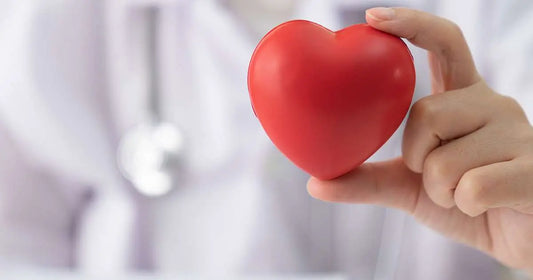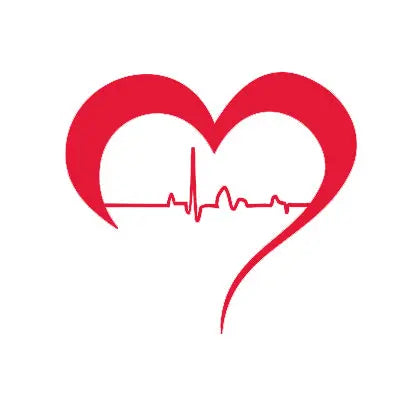Cardiopulmonary Resuscitation (CPR) is a crucial life-saving technique that can make a significant difference in emergencies involving cardiac arrest or respiratory failure. CPR provides immediate assistance to individuals in critical conditions, increasing their chances of survival until professional medical help arrives. This blog post aims to highlight the importance of CPR, its benefits, and how it empowers individuals and communities to take action during emergencies.
-
Saving Lives: CPR plays a pivotal role in saving lives during sudden cardiac arrests, which can occur anywhere, anytime, and to anyone, regardless of age or health condition. When a person experiences cardiac arrest, their heart stops beating, and oxygenated blood flow to vital organs is interrupted. Immediate CPR can maintain a minimal blood flow to the brain and other organs, buying precious time until medical professionals can restore normal heart function. By performing CPR, bystanders can be the bridge between life and death, significantly increasing the chances of survival for the victim.
-
Timely Intervention: Time is of the essence during emergencies. In most cases, emergency medical services take a few minutes to arrive at the scene. However, brain damage and other irreversible complications can occur within minutes of cardiac arrest. Administering CPR immediately can double or even triple a person's chances of survival. By taking prompt action, individuals trained in CPR can help stabilize the victim's condition and provide valuable support until professional help arrives.
-
CPR training and awareness empower communities by equipping individuals with life-saving skills. When more people in a community are trained in CPR, the collective response during emergencies improves dramatically. These trained individuals can respond quickly, provide effective chest compressions, and deliver rescue breaths, significantly improving the chances of survival for victims. CPR education initiatives, community workshops, and workplace training programs contribute to creating a safer environment where everyone feels confident and prepared to respond in critical situations.
-
Increasing Survival Rates: CPR is a vital link in the chain of survival, which includes early recognition, early CPR, defibrillation, and advanced medical care. When performed properly and promptly, CPR can maintain blood circulation and oxygenation, preventing irreversible damage to vital organs and increasing the likelihood of a positive outcome. Higher survival rates can be achieved when CPR is combined with early access to defibrillation and advanced medical care. By understanding the importance of CPR and taking action, individuals become essential players in the chain of survival, significantly improving outcomes for those experiencing cardiac emergencies.
- Advocating for CPR Training: Promoting CPR training and education should be a priority for individuals, communities, and organizations. Encouraging individuals to enroll in CPR courses, supporting community-based CPR training initiatives, and advocating for widespread implementation of CPR training in schools, workplaces, and public spaces can have a profound impact. By collectively investing in CPR education and training, we can create a society where more lives are saved, and communities are prepared to respond effectively in emergencies.
CPR is a fundamental skill that can mean the difference between life and death during cardiac emergencies. By recognizing the importance of CPR and advocating for its widespread implementation, we can empower individuals and communities to take action, save lives, and build a safer, more resilient society. Remember, anyone can learn CPR, and your knowledge and willingness to act can make a tremendous impact when it matters most. Let's come together to create a world where more people are trained in CPR, and every life has a fighting chance.




